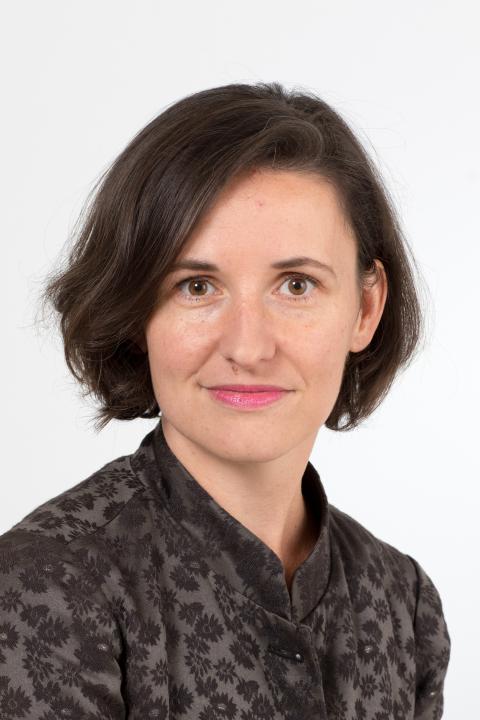Esther Keymolen appointed Professor of Digital Technology Regulation
Tilburg University has appointed Dr. Esther Keymolen Professor of Digital Regulation as of 1 April 2022. With her research Dr. Keymolen will contribute to a conceptual recalibration of key concepts such as responsibility and trustworthiness in the legal domain which is urgently needed in an increasingly data-driven society.
The rapid developments in artificial intelligence (AI) and data-driven technologies bring forth many challenges. For instance, harm that is induced by AI technologies might not be foreseeable as the processing that takes place is typically opaque, even for the AI and machine learning experts themselves. Also, AI is not a ‘stand-alone’ technology: it operates in a network of actors (companies, users, developers, other technologies). With so many different actors steering the development and use of AI applications, assessing trustworthiness and assigning responsibility becomes a complicated endeavor.
The research of the Digital Technology Regulation chair will focus on how legal notions of liability, accountability and responsibility take shape in practice, within and influenced by a specific socio-technical context, and how these notions align or conflict with other ethical values of stakeholders, in particular trust and trustworthiness.

Special attention will be paid to bottom-up initiatives from stakeholders (design principles, impact assessments, codes of conduct) to self-regulate.
This appointment also contributes to one of the four signature research plans of Tilburg Law School entitled Regulating socio-technical change. In particular, it focuses on the mapping of the socio-technological context in which regulation is embedded.
The research will build on the ELSA approach: Ethical, Legal, and Societal Aspects of AI and digital technologies, specifically by making findings relevant for the functioning of the legislator, courts, and legal practice. By providing conceptual clarity that is rooted in technological practice, the legal domain (including legal practice) will be better equipped to tackle the regulatory challenges that are central to AI and digital technologies.
Prof. dr. Geert Vervaeke, dean of Tilburg Law School: “We are very glad about the appointment of Esther as our new Professor of Digital Regulation. She has proven to be a very talented scholar embracing a multidisciplinary perspective in her work what we also highly value in research and teaching in our Law School. She is an enthusiastic teacher with a mission to strengthen techno-moral knowledge, attitudes and skills for data-scientists and all other professionals involved in AI. She has proven already a real academic citizen with a strong sense of responsibility and a team player who already built bridges within the Law School, our University and far beyond. She leads by example when it comes to matters such as Recognition and Rewards, multidisciplinarity and team science. We are very happy that she accepted to continue her academic career at our university.”
Dr. Esther Keymolen is an associate professor Philosophy of data-driven technology, who operates at the crossroads of regulation, philosophy of technology, and policy at the Tilburg Institute for Law, Technology, and Society (Tilburg law School). She also holds the position of Vice Dean of Research of Tilburg Law School.
Keymolen has a background in philosophy and ethics of technology and postphenomenology. As a research fellow, she worked for the Scientific Council for Government Policy (WRR). She also holds a Bachelor’s degree in pop music.
Her research focuses on the role of trust and privacy in data-driven environments, with a specific interest in the role and responsibility of public actors in both using and regulating data-driven technologies such as AI and automated-decision making systems. She has developed a conceptual trust model, which she applies to analyze different topical cases, such as: platforms in the sharing economy, smartphones used as hotel keys, smart toys, and personalized online advertisement. Keymolen’s work has been published in key journals in the domain of regulation and technology, philosophy and technology, and STS. Currently she co-leads, together with dr. Jurgen Goossens a four year NWO MVI blockchain project on The Role and Responsibilities of Public Actors in Distributed Networks Transparency, Trust and Legitimacy by Design.
Note to editors
For more information please contact press officer Corine Schouten, tel. +31 13 466 2993 / c.h.schouten@tilburguniversity.edu.
